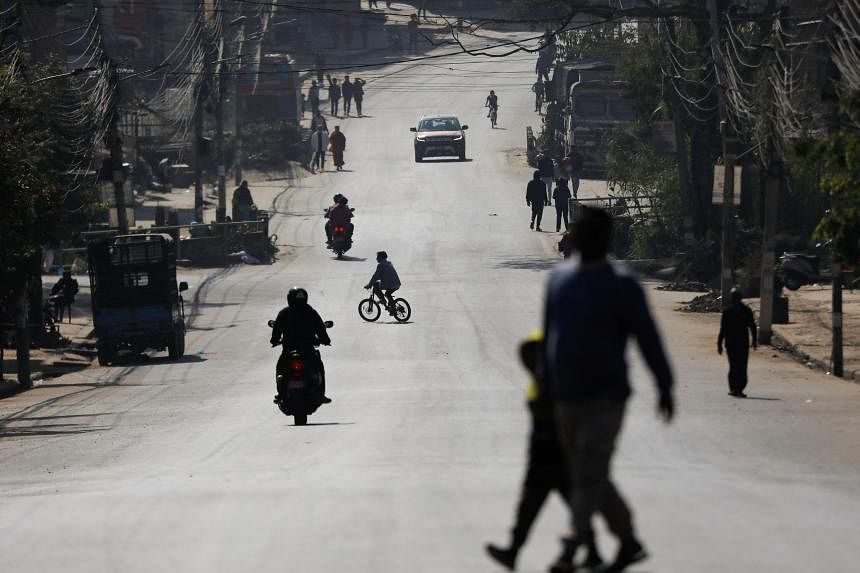KATHMANDU - Almost every Nepali story of foreign employment can nowadays be summed up in a few images—hordes of men, and increasingly women, queuing up at the departure gates of the international airport; relatives with teary eyes seeing them off; and relatives with teary eyes receiving dead bodies at the same airport.
In between, there are also countless positive remittance-related stories of Nepalis going to schools and universities, getting access to healthcare, and enjoying material comfort due to an increase in family income.
There are countless stories, too, of mistrust between couples, parents waiting to see their offspring return home, and children growing up without guardians. Decades of foreign employment and cash inflows later, Nepal continues to export its youth power to rich countries, mostly in the Persian Gulf, Malaysia and South Korea.
It happily consumes the remittances they sent and remains content in a zero-sum game.
The main problem is in the state’s attitude to its people who toil in foreign lands—they do not matter, the money they send home does. After a brief dip, the inflow of remittance is increasing again: In the first five months of the current fiscal year, Nepali migrant workers sent in Rs 480.5 billion (S$4.89 billion), or 23 per cent more compared to the same period last year.
Remittance has undoubtedly helped in the wellbeing of the Nepalis, but it has failed to provide them with the agency they need to be independent beings.
This is the inevitable result of decades of negligence of the people who inject a significant amount of cash into the Nepali economy. Excessive expenditure of remittance in households sans investment leads to a vicious cycle of cash inflow and outflow without a fundamental change in the status of the migrants, their families, and the country.
As of now, all that the state has done is exploit the riches that have come through remittance, while totally ignoring the dreams and despair of the youth. There is, therefore, a need to build a system that puts to productive use the remittance sent home by millions of Nepalis abroad.
It is the state’s duty to show them the opportunities for investment and to develop a solid, long-term plan to utilise a significant chunk of the remittance in productive areas within Nepal.
The newly appointed Minister of Labour, Employment and Social Security Dol Prasad Aryal, in his statement right after assuming office, vowed to ensure that no youth would have to go for foreign employment. That is rich, coming from a person who is reported to have made a fortune via investments in remittance and manpower companies.
Thankfully, he didn’t say he would do so, even if that meant shutting down his business. The minister’s grandiloquence exposed his lack of knowledge of the multidimensional vulnerabilities that push out Nepali youth to foreign labour destinations.
Such vulnerabilities will be removed not through grandstanding or martyrdom of a few individuals, but only through a thorough restructuring of the economic, political and social systems that create conditions for people to seek work outside the country.
If the minister really wants to do something meaningful, he should first ensure that Nepalis do not face financial, physical and mental exploitation in foreign jobs. That in itself would be an enormous achievement.
- The paper is a member of The Straits Times media partner Asia News Network, an alliance of 22 news media titles.

